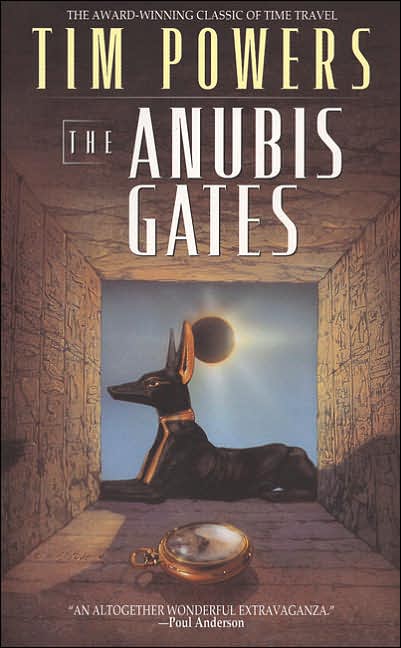Today I was going to talk about binary and hexadecimal code, among other things, but I ran out of inspiration and index cards. And also I just am not in the mood.
So today I'm gonna talk about 10 different random things and somehow connect them. Have fun!
1. Switzerland became an independent country in 1291 after something called the Swiss Confederation, which united all these small states that today make up Switzerland. (It also explains why there are 4 languages spoken there today: Romansch, French, German and Italian.) It became, you know, a modern country with a constitution in 1848. It's been neutral since 1515 after a devastating battle which, if won, could have expanded Switzerland and made it more powerful. Well, it did leave the Swiss with a venerable, untarnished reputation for being neutral, which is why the Swiss have so many peace summits there. It didn't join the UN until 2002 and isn't in the
European Union.
2. Guess which country
is in the EU? Austria. Austria's pretty well known for its art and music. For example, Mozart was born in Salzburg, a small mountain town. At the age of 17, Mozart was appointed "court musician" which is rather damn good for a 17-year-old. His sister was a musical genius however in those days females were severely limited and so her talent was suppressed. Everyone thinks Mozart's middle name was Amadeus. That's the Latinized version
(remember Mercator?). He was born with his middle name "Theophilus". In his native German that's "Gottlieb". And what exactly does Gottlieb/Amadeus/Theophilus mean? God's love. Mozart also died poor and forgotten at 35 and was buried in an unmarked grave, which is kind of depressing.

3. Guess who else died poor and nearly forgotten? Edgar Allan Poe. Poe lived from 1809-49 and lived in relative poverty his entire life. His greatest masterpiece, "The Raven", got him only 10 bucks. I'm deadly serious. Back then it was worth about 250 bucks today. That's STILL too little! Poe loved his neighbor, wealthy Elmira Royster, when they were teenagers, but in true romantic fashion, they couldn't marry because Elmira's father forbade it because he was poor. Poe found her a year before his death and she consented to marry him because her rich husband died, but Poe died before they could marry. In 1949, 100 years after his death, a mysterious figure known as the "Poe Toaster" would bring cognac and flowers to Poe's grave and toast to him. This continued until a mere 4 years ago, and he/she/it? has never come back. Some things are meant to be mysteries.

4. Guess what else is a mystery? The Belmez Faces, in Spain. There's this town in Spain called Belmez. In 1971 a woman, Maria Gomez Pereira, discovered haunting faces etched in the floor of her home. Her husband and sons got rid of them with a pickax, but
they returned. The mayor was informed and some were cut out for investigation. Two investigators came to investigate and they suggested that perhaps the house's previous owner controlled poltergeists and that is why. But in the midst of all this, the floor was dug up, and
2 headless human skeletons were found. If that isn't creepy enough for you, various audio recordings have recorded unidentified voices saying "Justice!" "This hurts", and "I want to go back home". Since the '70s until 2003 the house has been visited by many visitors, who call it
La Casa de las Caras, or the House with the Faces. The faces regularly disappear and reappear, however since 2003 the house has been bought by a private owner. The present state of the faces remain unknown. Many people believe that the lack of color and other certain elements rule out them being man-made.
5. Guess what else had a lack of color? Silent movies during the 1920s. The first full-length movie was
Birth of a Nation in 1915, which had quotes from 28th President Woodrow Wilson sprinkled in it. But the first sound film was produced in 1927. The genre quickly declined, as you know if you've ever watched
The Artist. But the 1920s were known for all that glitz and jazz, and prohibition.
The Great Gatsby made this vision of the "Roaring Twenties". Modernist authors were writing: Stein, Hemingway, Dos Passos...It was a time of prosperity: more people were moving to cities, Wall Street kept creeping higher and higher to greatness (or at least to Black Tuesday), fittingly 3 months before the end of the decade. That sounded the end for all the glitz and glamour of the '20s. We wouldn't reach such a resounding crash and loss of power and money and economy until 2008, when the current Great Recession hit. Nonetheless, the '30s were pretty bad.
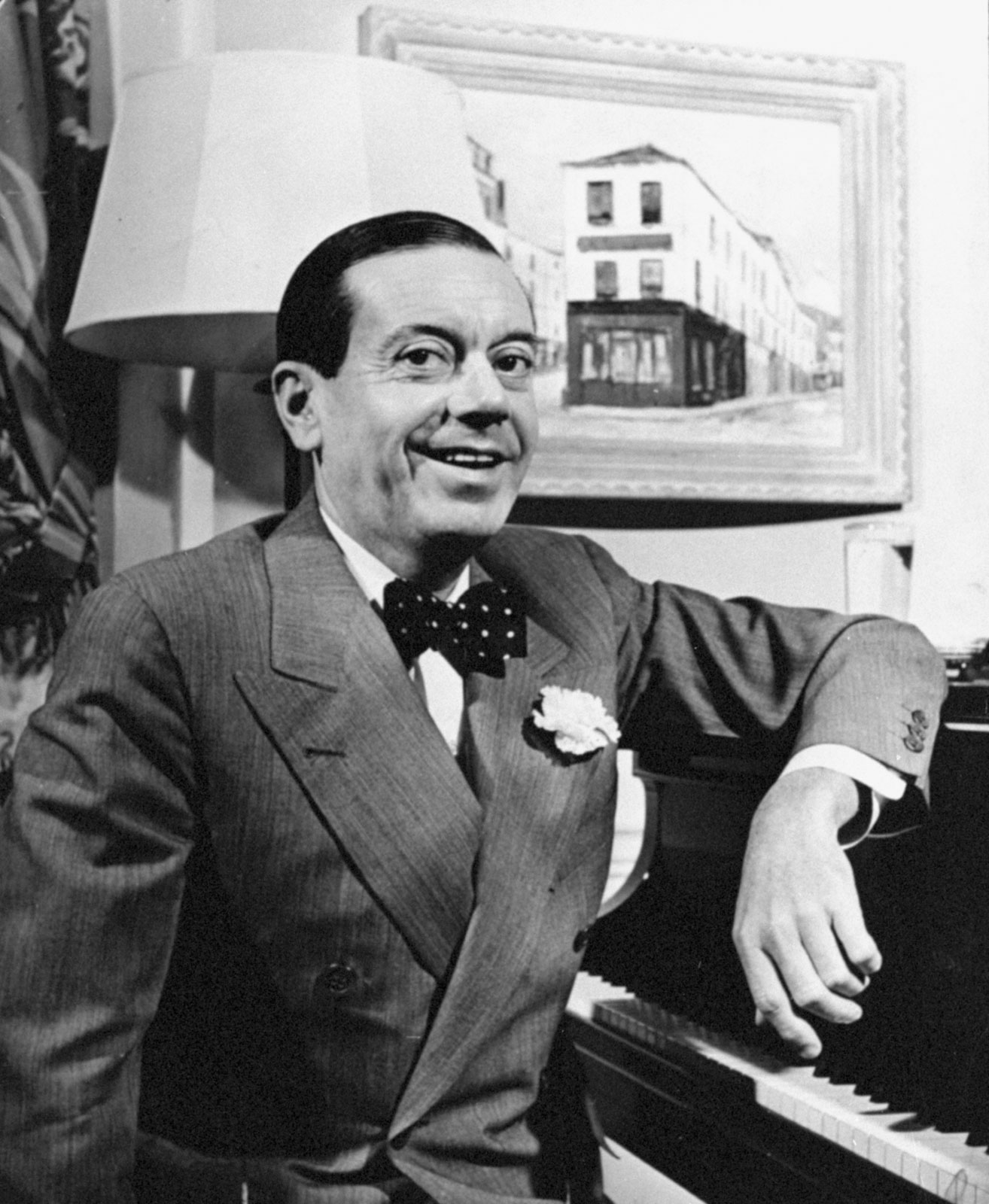
6. Guess who was active during the 1930s? Cole Porter. He was one of the best composers and lyricists of all time in American History. He won the first ever Tony Award for Best Musical, which was Kiss Me, Kate. However, Porter, in a time when there were still some reserved values and morals were being kept, stunned listeners with his songs that could have naughty double-entendres, such as "Let's Do It", "I'm A Gigolo", "Anything Goes", and "Let's Misbehave." In 1934 Porter produced what he called his "masterpiece" (apart from the abovementioned Kiss Me, Kate), Anything Goes. It takes place on a ship, and involves gangsters (Porter liked including gangsters in his plays.) It has mistaken identity, and much else. However Porter suffered a horseback riding incident at the pinnacle of his career and left him in pain until his death some 20 years later. He even worked in some films, always composing until a couple of years before his death. He was even the subject of a film, however because he was bisexual, which wouldn't do in the aforementioned moral times mentioned above, his life was altered and changed to be appropriate for movie goers.

7. Guess who else composes for movies? Randy Newman. Namely for Pixar's 14 films. If you know anything about Pixar, you know that someone else likes to be in Pixar - John Ratzenberger, the "good luck charm"! He's appeared in every single one of Pixar's films - from Mack the truck to Hamm the Evil Dr. Pork Chop to the Abominable Snowman. But Ratzenberger was also in
Cheers, a '90s show set in a bar. He played Cliff Clavin, a trivia buff who was a mailman (correct me if I'm wrong). In one episode, he made it onto Jeopardy and got really lucky - the board had all the categories he was familiar with. Unfortunately he lost while betting all of his money on Final Jeopardy, which he didn't know the answer to. To this day Jeopardy fans call that "Clavin's Rule" - or if you're my best friend, "a Cliff Clavin."
 |
| From left: Alex Trebek, Ken Jennings, WATSON, Brad Rutter |
8. Guess who else was on Jeopardy and won the most money ever? No, not Ken Jennings - but Brad Rutter, who has won over 3 and a half million dollars on the show. (Ken Jennings has only won a "measly" 2.5 million over 74 games and then some.) Why has Rutter won so much? In the early days of Jeopardy (until 2001 or so) a person could only play 5 games at most. Rutter did, setting some records. Then Jeopardy decided to have a contest where the winner would win 1 million dollars, with Rutter played, and won. Then Jeopardy had
another contest that lasted several months, soon after Ken Jennings and his 74 games. The winner would win 2 million dollars, going up against Jennings and another contestant. Guess who won that? Yep, Brad Rutter. More recently, about 2 years ago, in 2011, Rutter and Jennings were both invited to participate against WATSON, a supercomputer from IBM. The winner would receive 1 million to go to Jeopardy. (Jeopardy sure is rich, aren't they?) But Watson won. Shocker.

9. Guess who else tried to build a computer? Charles Babbage, a British scientist (who did a bunch of other stuff, because scientists of his type like to be good at different branches of science.) He got the idea to build something he'd call "the difference engine". It was the precursor to the computer. If it had been built, that is...Babbage died before he could build it. However he also built several steam-powered engines (you know, this WAS the 1800s). He really only cared about his reputation, early on. After leaving Cambridge University he would lecture all over the place and quickly became a Fellow of the Royal Society, which is a really big deal and quite an honor. In addition Babbage was also the "Lucasian Professor of Mathematics" at Cambridge. Guess who has that title today? Stephen Hawking. Guess who was the second person to have it? Isaac Newton. Clearly we're dealing with giants, all ahead of their time. But guess who was also ahead of their time? For that, we go to number 10...

10. Leonardo da Vinci was a true scholar. How much of a scholar? For that, I turn to Wikipedia:
polymath: painter, sculptor, architect, musician, mathematician, engineer, inventor, anatomist, geologist, cartographer, botanist, and writer. Wow. Imagine saying you were a painter, sculptor, architect, musician, mathematician, engineer, inventor, anatomist, geologist, cartographer, botanist, and writer. But I digress. da Vinci designed many cool things, as we all know - people have even put together tanks from his sketches and notes. Bill Gates bought one of his notebooks in 2000 for over 31 million dollars, the Codex Leicester. (I can just imagine him going home and saying, 'Honey! Look what I bought for 31 million dollars!) But according to EH Gombrich, whom I will now quote:
There is a note in Leonardo's handwriting which reads: "I know how one can stay underwater and survive a long time without food. But I will not publish this or reveal it to anyone. For men are wicked and would use it to kill, even at the bottom of the sea. They would make holes in the hulls of ships and sink them with all the people in them."
Wow. I don't know if that's true - Interweb searchs turn up nothing. But what if it is true? We'll never know. In addition, da Vinci wrote in backwards mirror language, of Italian. Guess which country has Italian as an official language?
Switzerland.
-Rob
Click
here to see the previous Triviality.
(Fun Fact: Ken Jennings actually has a column over at mentalfloss.com where he connects 6 random topics together, like Six Degrees of Separation. I haven't found it yet but I assume he did better than I have done today.)







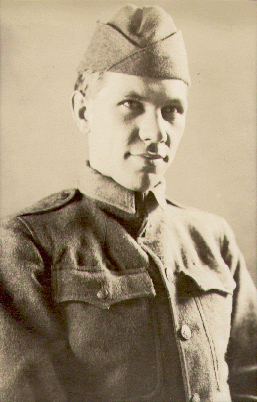
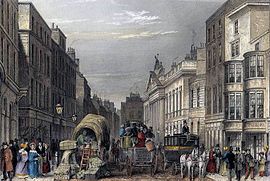
.jpg/220px-Pierre-Auguste_Renoir_-_En_%C3%A9t%C3%A9_(La_Boh%C3%A9mienne).jpg)






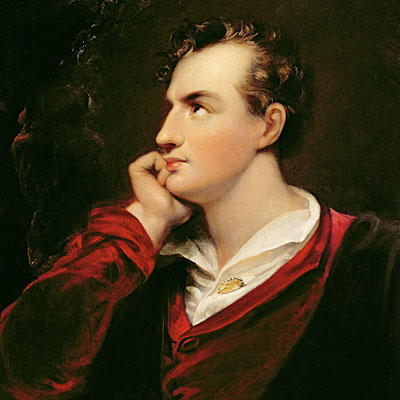


_by_Lange_1782.jpg/220px-Mozart_(unfinished)_by_Lange_1782.jpg)







